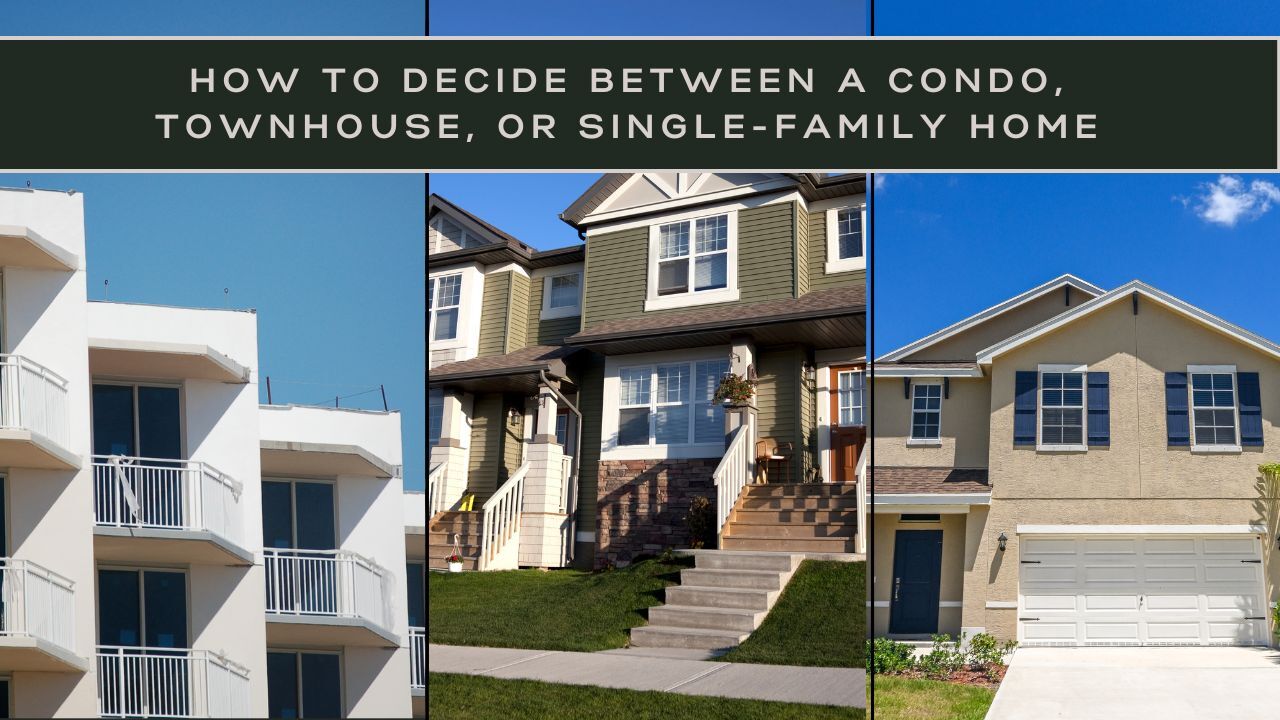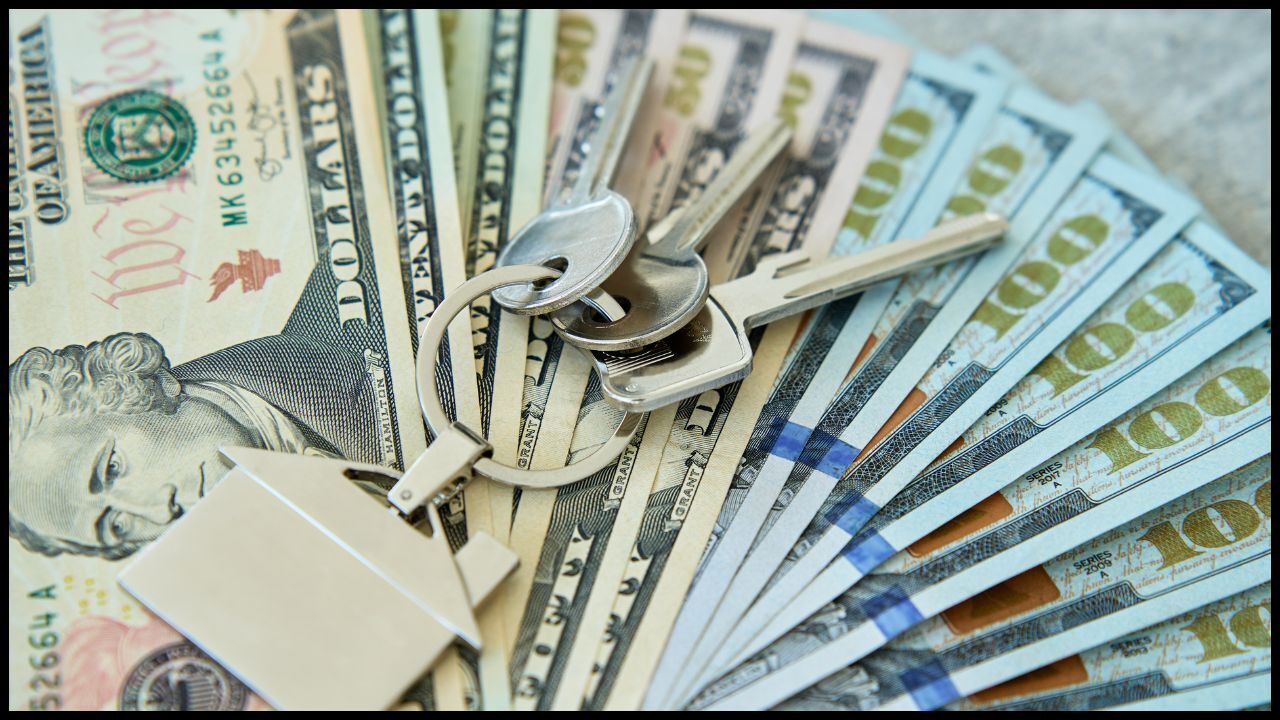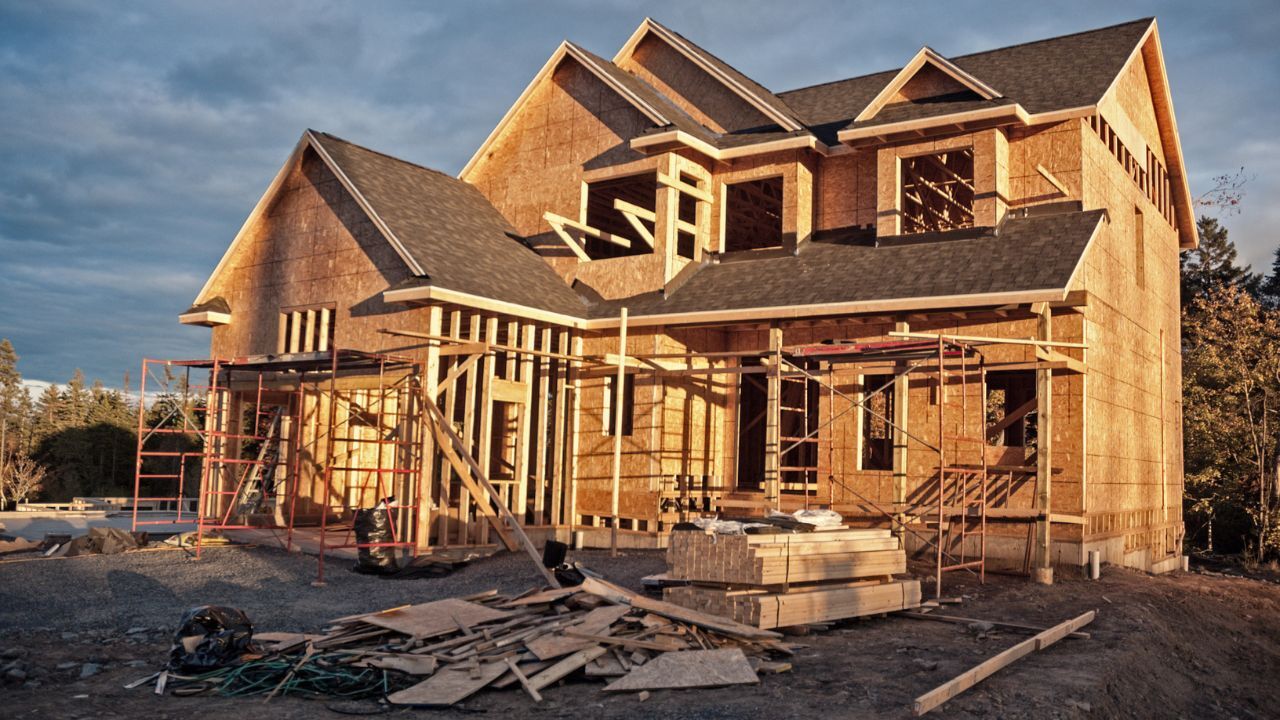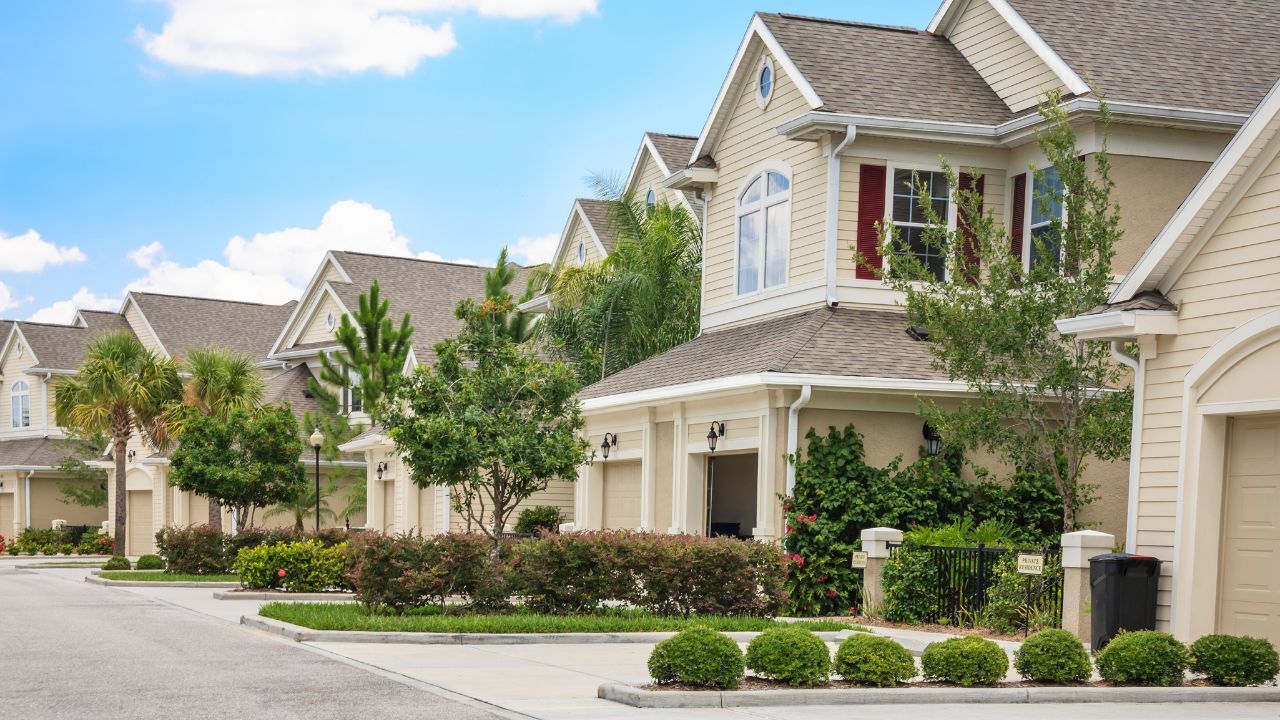 Choosing the right type of home is one of the most important decisions a buyer can make. Condos, townhouses, and single-family homes each offer unique benefits and challenges. The best choice depends on your lifestyle, budget, and long-term goals. Understanding what sets them apart can help you make a confident and informed decision.
Choosing the right type of home is one of the most important decisions a buyer can make. Condos, townhouses, and single-family homes each offer unique benefits and challenges. The best choice depends on your lifestyle, budget, and long-term goals. Understanding what sets them apart can help you make a confident and informed decision.
The Condo Lifestyle
Condos are ideal for buyers who want convenience and minimal maintenance. In most communities, the homeowner’s association takes care of exterior upkeep, landscaping, and shared amenities. This can be especially appealing for people with busy schedules or those who prefer not to handle maintenance themselves. Condos often come with amenities such as pools, gyms, and security features that provide comfort and peace of mind.
However, condos also include association fees, and buyers should carefully review the rules and regulations. Monthly dues can vary widely depending on what services are covered. Additionally, shared walls and common spaces mean less privacy than detached housing, so it is important to consider how much independence you want in your living environment.
The Townhouse Advantage
Townhouses offer a balance between condo living and single-family ownership. They usually share one or two walls with neighboring units but still provide more space and independence than condos. Many townhouses include small yards or patios, private garages, and multiple levels that give the feel of a traditional home.
Townhouse communities often maintain common areas, so you enjoy a degree of convenience like condo living. The homeowner’s association may handle exterior work, which reduces your maintenance responsibilities. However, as with condos, association fees and restrictions apply, so reviewing those details before purchasing is essential.
The Freedom of a Single-Family Home
For buyers who value privacy and space, a single-family home is often the preferred choice. Detached homes allow for complete control over your property, from the landscaping to design changes. They typically include larger yards, more storage space, and greater flexibility for future expansion.
On the other hand, ownership also means full responsibility for maintenance and repairs. Landscaping, roof upkeep, and system maintenance all fall to the homeowner. While these responsibilities come with additional costs, many buyers appreciate the independence and sense of ownership that come with them.
Key Factors to Consider
When deciding between these options, consider your lifestyle first. If you value convenience and community amenities, a condo or townhouse may fit best. If you prefer privacy, space, and flexibility, a single-family home may be worth the additional effort. Also think about long term costs, including insurance, property taxes, and maintenance.
Making the Right Choice
There is no one-size-fits-all answer when choosing the right home type. Each option provides a different balance of freedom, maintenance, and expense. By carefully evaluating your needs and working with a knowledgeable real estate agent, you can find a home that aligns with your goals and lifestyle.
 In today’s competitive real estate market, buyers often find themselves going up against all cash offers. It can be discouraging to see a dream home slip away to someone who can pay outright. However, buyers who use financing still have powerful ways to compete, and win, when they approach the process strategically.
In today’s competitive real estate market, buyers often find themselves going up against all cash offers. It can be discouraging to see a dream home slip away to someone who can pay outright. However, buyers who use financing still have powerful ways to compete, and win, when they approach the process strategically. Buying a newly built home can feel exciting and fresh, but there are unique considerations that many buyers overlook. Understanding the nuances of new construction ensures you make informed decisions, avoid surprises, and protect your investment throughout the building and buying process.
Buying a newly built home can feel exciting and fresh, but there are unique considerations that many buyers overlook. Understanding the nuances of new construction ensures you make informed decisions, avoid surprises, and protect your investment throughout the building and buying process. Buying a home is exciting, but the process comes with important legal documents that require careful attention. Your home purchase agreement is one of the most critical papers you will sign, outlining the terms of your offer, contingencies, and obligations as a buyer. Understanding this agreement ensures you protect your interests, avoid surprises, and navigate the transaction with confidence.
Buying a home is exciting, but the process comes with important legal documents that require careful attention. Your home purchase agreement is one of the most critical papers you will sign, outlining the terms of your offer, contingencies, and obligations as a buyer. Understanding this agreement ensures you protect your interests, avoid surprises, and navigate the transaction with confidence. When buying a home, understanding the role of an earnest money deposit can make the difference between a smooth transaction and unnecessary stress. Earnest money shows a seller that you are serious about purchasing their property, and it often plays a key role in negotiating and securing your dream home. Knowing how it works, how much to offer, and what can happen to your deposit is essential for any buyer.
When buying a home, understanding the role of an earnest money deposit can make the difference between a smooth transaction and unnecessary stress. Earnest money shows a seller that you are serious about purchasing their property, and it often plays a key role in negotiating and securing your dream home. Knowing how it works, how much to offer, and what can happen to your deposit is essential for any buyer. When buying a home, it is natural to focus on the property itself, from layout to finishes and outdoor space. However, many real estate experts agree that the neighborhood can be just as important, if not more so, in determining your long-term happiness, property value, and lifestyle. Understanding the interplay between the home and its surroundings can help buyers make informed decisions that balance both priorities.
When buying a home, it is natural to focus on the property itself, from layout to finishes and outdoor space. However, many real estate experts agree that the neighborhood can be just as important, if not more so, in determining your long-term happiness, property value, and lifestyle. Understanding the interplay between the home and its surroundings can help buyers make informed decisions that balance both priorities.